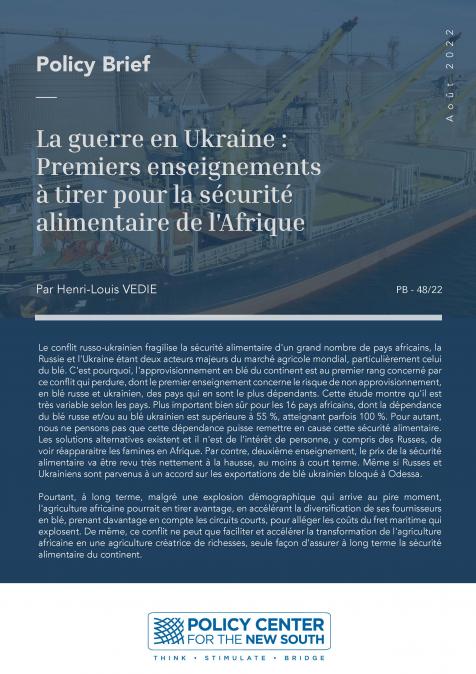Publications /
Policy Brief
Rwanda is famous for its remarkable socio-economic performance after the ravages of the Genocide against the Tutsis and moderate Hutus in 1994. Under the leadership of President Paul Kagame, Rwanda has followed a state-led development model with stunning results.
Despite these substantial accomplishments, Rwanda is still a low-income country with extensive poverty. Its agriculture is still of low productivity and highly vulnerable to climate change. Structural transformation has weakened as the rate of growth, job creation, and poverty reduction have slowed down. Food security is still a distant dream for millions. Agriculture must successfully transform,1 if Rwanda is to realize its ambitious Vision 2035 of reaching middle-income country status and Vision 2050 of reaching high-income status.
Rwanda’s state-led approach to focusing on food self-sufficiency as agricultural transformation has had good results but the approach is fast encountering diminishing returns. Instead, a holistic approach to agricultural transformation is required: an approach that embraces a more significant role for the private sector with access to expanding, lucrative, and competitive markets. In an era when geo-political tensions exacerbate supply chain disruptions, the African Continental Free Trade Agreement (AfCFTA) offers Rwanda the regional market opportunities it needs to power its structural transformation.










